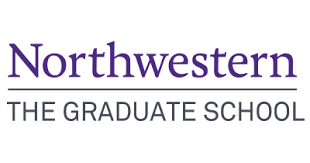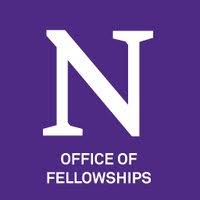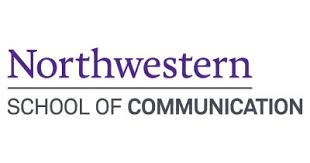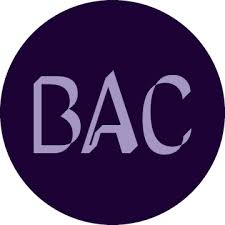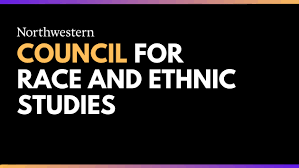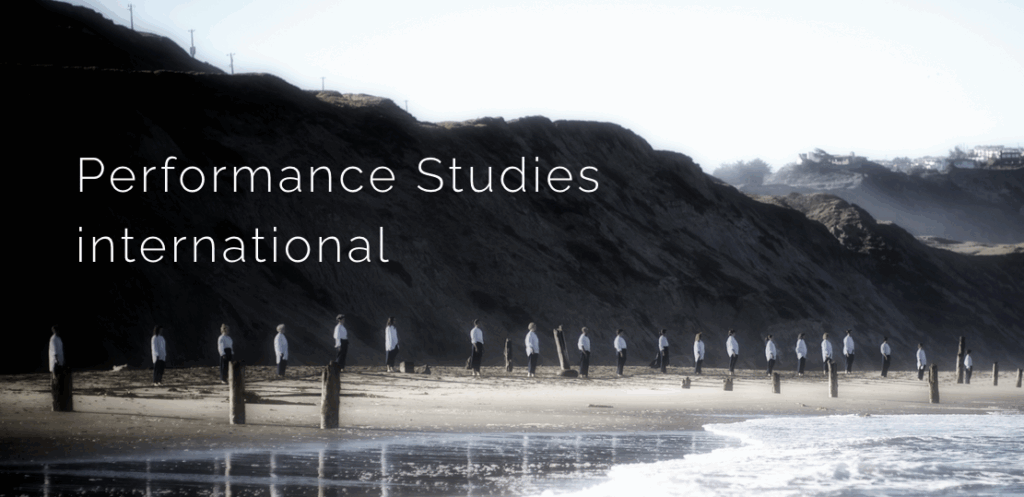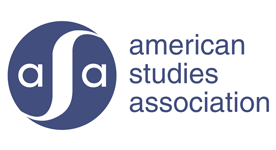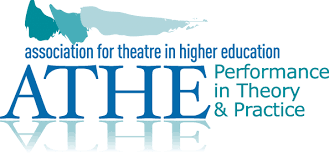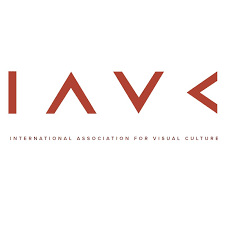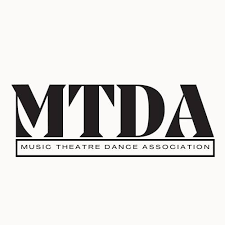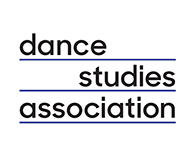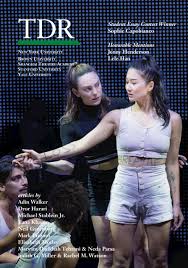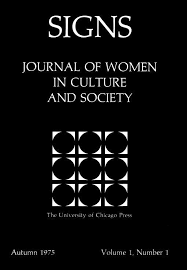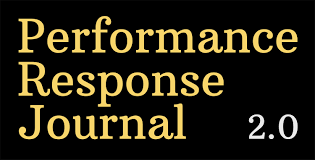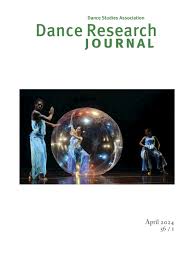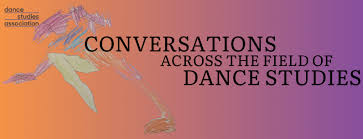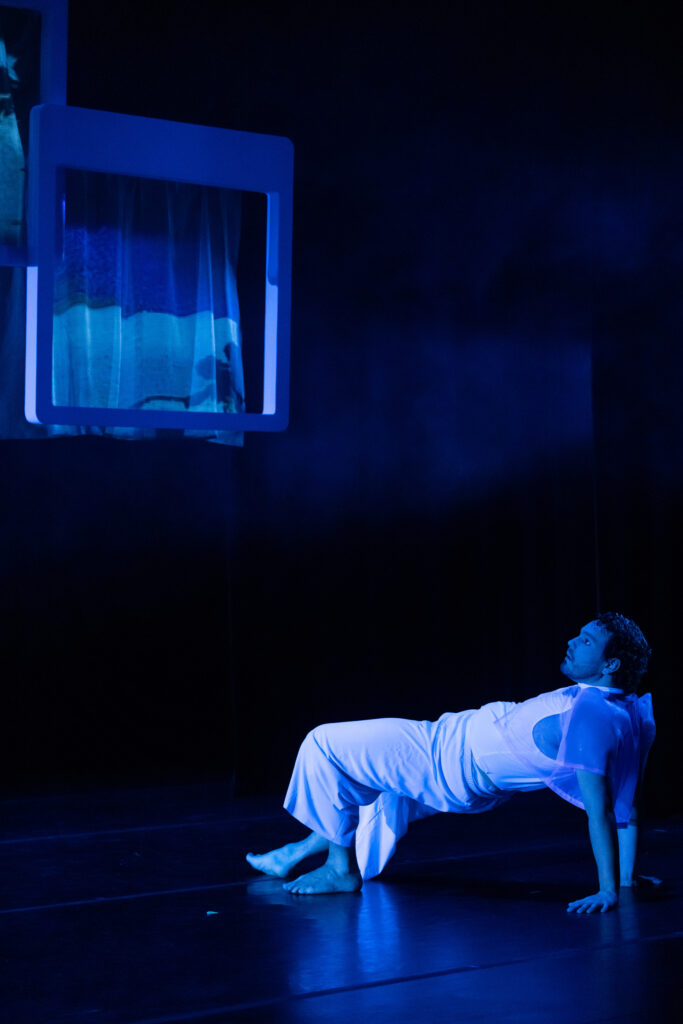
Internal Resources
The Graduate School
The Graduate School (TGS) at Northwestern maintains a number of web pages with useful information for current students. Visit their site for more information.
- Graduate Student Tracking System (GSTS)
- Course Registration (CAESAR)
- Late Enrollment Registration Petition
- Taxation Information
- Graduate Emergency Loans
- Student Activity Fee information and opt-out from
TGS also provides most doctoral degree-seeking students with the opportunity to receive fellowships and scholarships as a part of the student’s overall funding package. All doctoral students within their first five years of study have the opportunity to apply for either internal or external fellowships to support research and dissertation writing during their academic career at Northwestern. All awards made by TGS are based upon merit.
Examples include the Presidential Fellowship, TGS Graduate Research Grant, Interdisciplinary Conference Travel Grants for Mellon-Affiliated Students, TGS Conference Travel Grant, and many more!
Office of Fellowships
It is never too early to meet with one of the team members at the Office of Fellowships. The Office of Fellowships offers resources for Northwestern students and alumni to conceptualize and achieve their ambitions with the support of external funding.
While there are some well-known fellowships, such as the Fulbright Student Program, there are hundreds of fellowships available to students and recent alums in many areas. Use our fellowship finder tool to discover the right fellowship for you.
School of Communication – Travel and Research Grants
These grants support the research and professional development of students in three of the SoC-TGS humanities programs. Doctoral students in years 1–6 in the Interdisciplinary PhD in Theatre and Drama (IPTD), Performance Studies, and Screen Cultures programs are eligible to apply for the grants.
Visit the SoC Office of Research page to apply!
Searle Center for Advancing Learning and Teaching
Alice Kaplan Institute for the Humanities
The Alice Kaplan Institute for the Humanities promotes expansive, interdisciplinary discussion and debate. Serving as a crossroads, clearing house, and testing ground, the Institute nurtures ideas that transform into cutting-edge research and dynamic courses. We cultivate this work through our competitive fellowship program for faculty working in the humanities; our co-sponsorship of numerous workshops, scholarly collectives, research workshops, performances, film presentations, readings, and lectures; our Franke Fellowships for graduate and undergraduate students; and our first-year honors program (the Kaplan Humanities Scholars Program). The Institute also reaches through and beyond disciplines at Northwestern by hosting public humanities programs and training opportunities through our Public Humanities Graduate Practicum.
SLIPPAGE Lab
PERFORMANCE|CULTURE|TECHNOLOGY
Slippage is an interdisciplinary research group led by Thomas F. DeFrantz, that explores connections between performance and emergent technology in the service of theatrical storytelling and the telling of alternative histories. SLIPPAGE embraces diversity of identity, practice, and methodology in each of its projects. We believe that social change arrives alongside the interventions of creative practice. We focus on constructing alternative histories that value the experiences of people of color, queers, the economically-disadvantaged, and the stories of minoritarian lives lived beyond their seeming limitations. Our values as a research group are toward anti-racist, proto-feminist, queer-affirming possibilities.
Black Arts Consortium
The Black Arts Consortium (BAC) at Northwestern University cultivates an interdisciplinary approach to Black arts. Launched in 2012, BAC seeks to engage myriad perspectives, strengthen Northwestern’s involvement in Black arts, and connect with a broader community of scholars, practitioners and community members through research, pedagogy, practice, and civic & community engagement.
BAC has a Graduate Fellowship that is awarded annually.
Council for Race and Ethnic Studies (CRES)
The over-arching goal of this initiative is to create a new administrative structure, a Council, to support further growth and convergence between existing academic units-initially Latinx Studies and Asian American Studies – which together offer a strong base for an approach to American Studies that emphasizes intersectionality and intercultural meetings. By introducing a council as an administrative unit that can serve as the full academic home for both tenure-line and teaching-track faculty (i.e., one that is on an equal footing with departments), we expect to create the space in which innovative teaching and research can flourish without the persistent instability and constraints imposed by the current department centric structure.
CRES has a Graduate Fellowship that is awarded annually.
The Sexualities Project at Northwestern (SPAN)
The Sexualities Project at Northwestern (SPAN) was created in 2010 following the establishment of a new endowment at Northwestern intended to support research and education on “life sciences, biomedical sciences and social sciences as those fields relate to the study of human sexual orientation and human sexuality.” Currently, SPAN is co-directed by Prof. Héctor Carrillo (Sociology and Gender & Sexuality Studies), and Prof. Gregory Ward (Linguistics, Philosophy, and Gender & Sexuality Studies).
Issues related to sexuality and sexual identity invite apparently inexhaustible public debate about the political and cultural implications of sexual diversity and its relationship to morality, equality, and social justice. Yet, we lack fundamental knowledge about many central aspects of the social structuring of sexual identity and the social and cultural implications of sexual practice. A pivotal and consequential example of this lack concerns the tightly intertwined social, psychological, biological, and biomedical factors that link sexuality and sexual orientation with health. SPAN is a broad-ranging initiative to promote research and education on sexuality, sexual orientation, and health in social context. While anchored in social scientific frameworks (including scholarship on identity, rights, policy, and immigration), the initiative is intended to be broadly interdisciplinary.
SPAN is located within the Gender & Sexuality Studies Program.
SPAN has its own funding for Graduate Students, including Conference Travel Grants, Summer Research Grants, and Dissertation Fellowships.
External Academic Groups and Conferences
This non-exhaustive list of academic groups and conferences is shared to help graduate students find external communities to think with, share their work, and find academic camaraderie. If you’d like to add another group, please email ps@northwestern.edu to let us know!
The Hemispheric Institute of Performance and Politics
The Hemispheric Institute gathers artists, scholars, writers, learners, and activists from across the Americas. We focus on social justice and research politically engaged culture and performance. We share this work in digital archives and amplify it through dialogues and public scholarship, residencies, publications, and events.
Performance Studies international (PSi)
Performance Studies international was founded in 1997 to promote communication and exchange among artists, thinkers, activists, and academics working in the field of performance. PSi represents and supports the broad field of performance studies through its annual conference, local clusters, working groups, FAB summer school, awards, news, archive, and GPS Journal.
International Federation for Theatre Research (IFTR)
The International Federation for Theatre Research exists to facilitate communication and exchange between scholars of theatre and performance research throughout the world through its conference events and publishing activities.
Founded in 1957, the Federation currently boasts members from 44 countries and from all continents. It holds annual international conferences, regional conferences, and research working group symposia. It owns a leading international journal (Theatre Research International) and in association with Brill publishes the series Themes in Theatre, dedicated to collective work by IFTR members.
American Society for Theatre Research (ASTR)
The American Society for Theatre Research (ASTR) is a U.S.-based professional organization that fosters scholarship on worldwide theatre and performance, both historical and contemporary. Members of the American Society for Theatre Research say the Society is a space to share scholarship and a home for networking within the profession. ASTR also sponsors or coordinates several awards, grants, fellowships, and prizes to support and recognize outstanding scholarship in theatre and performance studies.
The American Studies Association (ASA)
ASA is composed of researchers, teachers, students, writers, activists, curators, community organizers, and activists from around the world who are dedicated to the interdisciplinary study of U.S. culture and history in a global context. They believe that many things that connect us to each other. They publish American Quarterly; organize an annual international meeting and regional events; provide resources; and collaborate with museums, public institutions, and communities. They value original research, teaching, critical thinking, public discussion, and dissent. They share a commitment to viewing U.S. history and culture from multiple perspectives and taking a stand on issues of importance and broad consensus.
Association for Theatre in Higher Education (ATHE)
An advocate for the field of theatre and performance in higher education, the Association for Theatre in Higher Education (ATHE) serves as an intellectual and artistic center for producing new knowledge about theatre and performance-related disciplines, cultivating vital alliances with other scholarly and creative disciplines, linking with professional and community-based theatres, and promoting access and equity.
They have a Performance Studies Focus Group that may be of particular interest to PS scholars.
International Association for Visual Culture
The International Association for Visual Culture fosters communication and exchange among individuals and institutions engaged in critical analyses of and interventions in visual culture. It supports trans-national and trans-disciplinary engagements across a wide range of communities, organizations, and platforms. The IAVC encourages and advocates inquiry and debate within the field and advocates for the critical and theoretical expansion of Visual Culture Studies in sites including the museum, the university, the artist’s studio, and emergent alternatives.
The IAVC’s biennial conferences serve to realize this mission. These meetings, which have been held since 2010, are designed to be points of gathering organized around politically expedient themes related to the contemporary moment and the host city. Each conference features a range of thinker-makers that speak, participate, and organize in thoughtful and rigorous discussions that ideally lead to a range of collaborative outcomes.
Music Theatre Dance Association
The Music Theatre Dance Association was founded in 1993 as the MTD Focus Group of ATHE and has grown into an inclusive, international coalition of more than two hundred theatre scholars, practitioners, post-secondary educators, and graduate students. The leadership team and I are dedicated to keeping MTDA free and open to all professionals who work at the intersections of music, theatre, and dance. It is my hope that as we begin to offer more programming and community connection, our ranks will expand.
A central tenet of MTDA’s mission is to foreground equity and anti-racist practices and to elevate the work of BIPOC and global-majority artists and scholars. We also encourage all members to explore ways to be inclusive of LGBTQIA+, Disabled and Deaf/deaf, and Women artists and scholars, and beyond. By pushing, by expanding, the boundaries of studies in music theatre and dance, we make greater room for more voices, with new perspectives on new topics of inquiry, with new perspectives on old topics.
Dance Studies Association (DSA)
The Dance Studies Association (DSA) is member-driven US based international organization of dance scholars, educators, and artists.
The organization aims to strengthen the visibility and increase the reach of dance studies as a critical field of knowledge production, encompassing political, creative, and embodied practices at the intersection of the arts, humanities and social sciences. DSA advocates for and invests in anti-racist, decolonial, and caste conscious curation, programming, administration and labor practices at all levels of the organization. Moreover, DSA aims to/is committed to re-center(ing) marginalized voices, experiences, and ideas, adding to logo and oratic modes of understanding and communicating in the world. DSA cultivates innovative critical analyses of dance and movement practices through research, publication, performance, and advocacy across the arts, humanities, and social sciences. DSA is committed to the field of dance studies, as a place of radical inclusion and political possibility.
As a constituent member of the American Council of Learned Societies, DSA holds annual conferences as well as special topics conferences; publishes original scholarship through Dance Research Journal, Conversations Across the field of Dance Studies, and the Studies in Dance book series. DSA supports ongoing working groups and networking; collaborates with peer organizations in the U.S. and abroad; and presents annual awards for exemplary scholarship and leadership.
Journals and Other Avenues for Publication
This non-exhaustive list of journals and other avenues for publication is shared to help graduate students find venues to think with, share their work, and find academic camaraderie. If you’d like to add another journal or publication, please email ps@northwestern.edu to let us know!
The Drama Review (TDR)
TDR is scholarly, accessible, and dynamic with a global appeal. Each article is tightly focused, but the effect of the whole is of a broad range of topics. TDR is at the cutting edge of performance studies. TDR supports progressive political and social movements and ideas. TDR is inclusive and interdisciplinary. Written by and for scholars and artists—and their students—TDR is where leaders and future leaders of performance studies go for performance texts, performative writing, editorials, reviews, and articles about the performing arts, performance in everyday life, politics, popular entertainment, business, and sports.
Signs
Recognized as the leading international journal in women’s and gender studies, Signs is at the forefront of new directions in feminist scholarship. Challenging the boundaries of knowledge concerning women’s and men’s lives in diverse regions of the globe, Signs publishes scholarship that raises new questions and develops innovative approaches to our understanding of the past and present. What makes feminist scholarship published in Signs distinctive is not necessarily the subject of investigation or particular methods of inquiry but the effort to cultivate alternative research practices that further feminist, queer, and antiracist goals of social transformation.
Signs publishes pathbreaking articles, review essays, comparative perspectives, and retrospectives of interdisciplinary interest addressing gender, race, culture, class, nation, and sexuality. Whether critical, theoretical, or empirical, articles published in Signs generate theories, concepts, analytical categories, and methodological innovations that enable new ways of thinking, new ways of seeing, and new ways of living.
Performance Response Journal
PRJ was co-founded in 2016 by Joanna Furnans and Hope Goldman as a way to platform and hold space for writers, artist performers, performance makers, and writing artists who perform outside of the traditional and/or overrepresented mainstream performance space. It features written responses about dance, performance art, and creative processes predominantly focused in the city of Chicago.
Conversations Across the Field of Dance Studies
Conversations Across the Field of Dance Studies is an annual publication of Dance Studies Association dedicated to current themes and debates in the field of dance studies. Each issue is edited by (a) different guest editor(s) and is published online in an open access format. As such, Conversations is a venue in which scholars, artists, and educators of dance and related disciplines can respond quickly and publicly to current events and pressing issues as identified by members of an international dance studies community.
